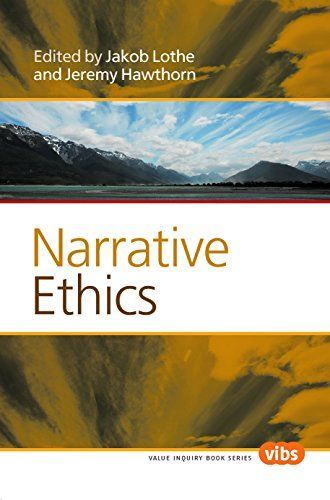
Narrative Ethics
While Plato recommended expelling poets from the ideal society, W. H. Auden famously declared that poetry makes nothing happen. The 19 contributions to the present book avoid such polarized views and, responding in different ways to the “ethical turn” in narrative theory, explore the varied ways in which narratives encourage readers to ponder matters of right and wrong. All work from the premise that the analysis of narrative ethics needs to be linked to a sensitivity to esthetic (narrative) form. The ethical issues are accordingly located on different levels. Some are clearly presented as thematic concerns within the text(s) considered, while others emerge through (or are generated by) the presentation of character and event by means of particular narrative techniques. The objects of analysis include such well-known or canonical texts as Biblical Old Testament stories, Mark Twain’s Huckleberry Finn, J. R. R. Tolkien’s The Lord of the Rings, Vladimir Nabokov’s Lolita, Jonathan Littell’s The Kindly Ones, Ann Radcliffe’s The Italian and Matthew Lewis’s The Monk. Others concentrate on less-well-known texts written in languages other than English. There are also contributions that investigate theoretical issues in relation to a range of different examples.